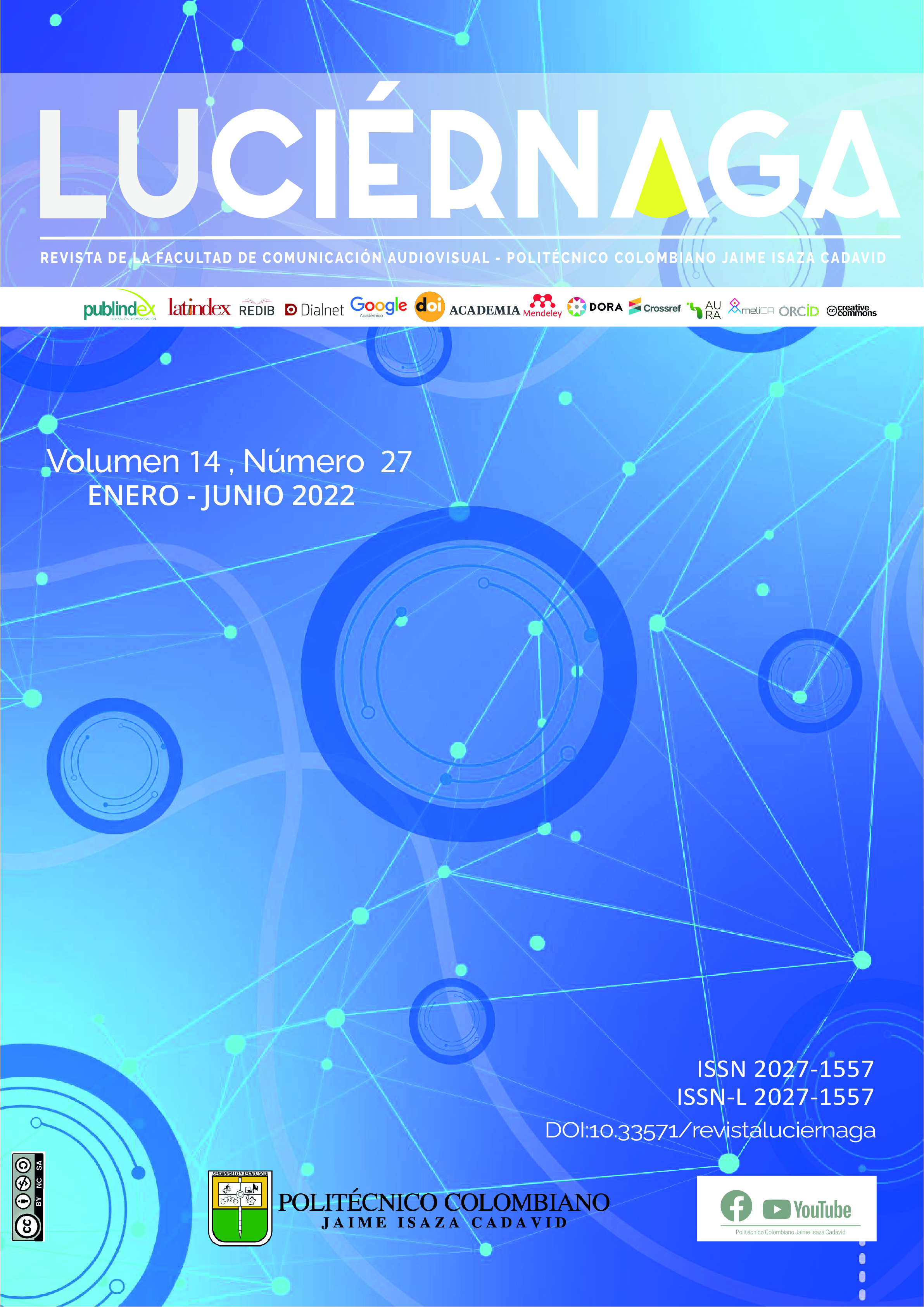Notas para un enfoque histórico – epistemológico de las tecnologías de la información y la comunicación
Palavras-chave:
Tecnologías de la información y la comunicación, generación digital, conexión en red, E-learningResumo
En este artículo, el autor presenta un análisis de las tecnologías de la información y la comunicación (TIC) más recientes y su influencia en la sociedad. Estas TIC están en constante evolución, debido a que se diseñan, fabrican y comercializan de forma continua, lo que genera presión entre los consumidores por obtener las innovaciones y los avances más recientes disponibles en el mercado. Cabe destacar el papel cada vez mayor que estas herramientas están desempeñando en el ámbito educativo, particularmente en el nivel primario, donde los estudiantes aprenden sobre la búsqueda en Internet, el correo electrónico, las computadoras portátiles, las tabletas y otros dispositivos digitales. Esta generación de estudiantes se conoce comúnmente como la «generación digital». Se afirma que, si bien a los niños se les enseña a usar estos dispositivos, carecen de los conocimientos técnicos necesarios para comprenderlos plenamente. La intención de este estudio es realizar un análisis exhaustivo de este fenómeno desde varias perspectivas, incluido el impacto de las TIC en la sociedad y sus implicaciones para la educación académica. Para lograr este objetivo, el tema se dividirá en varios subtemas que se integrarán de forma cohesionada.
Métricas do artigo
Resumo: 417 PDF (Español (España)): 515Referências
Ayala Carabajo, R. (2008). La metodología fenomenológico-hermenéutica de M. Van Manen en el campo de la investigación educativa. Posibilidades y primeras experiencias. Revista de Investigación Educativa, 2(26), 409-430.
Bedini, S. A., & De Solla, D. J. (1981). Los instrumentos. En Historia de la tecnología. La técnica de Occidente. De la Prehistoria a 1900 (Vol. 1). Barcelona: Gustavo Gili.
Bowler, P. J. (2007). Panorama general de la ciencia moderna. Barcelona: Crítica.
Comte, A. (1984). Curso de filosofía positiva (Lecciones 1 y 2). Barcelona: Orbis.
Downes, S. (2010). Learning networks and Connective Knowledge. Philpapers. https://philpapers.org/archive/DOWLNA.pdf
Gallego Torres, R. A. (2020). Reflexiones epistemológicas para una nueva era. Revista Luciérnaga Comunicación, 12(23), 1-9.
Gallego-Torres, R. A. (2017). Antecedentes para el diseño de una nueva estrategia didáctica y de comunicación para el e-learning. Razón Y Palabra, 21(3_98), 51–65. https://www.revistarazonypalabra.org/index.php/ryp/article/view/1042
Gallego Torres, R. A. (2017). Study telling. Base teórica de una nueva comunicación para el e-learning. En C. Sánchez, Caleidoscopio educativo (págs. 135-144). Madrid: Global Knowledge Academics.
García Montejo, S. (2015). Aspectos metodológicos de la investigación. In Investigación Educativa, Abriendo puertas al conocimiento (pp. 101-118). Montevideo: Camus ediciones.
Humphreys, P. (2007). Epistemología del siglo XXI. Revista Anthropos. Huellas del conocimiento, 214, 65-70.
Jenkins, H. (2007, 03 21). Transmedia Storytelling 101. http://henryjenkins.org/2007/03/transmedia_storytelling_101.html
Kemp, T. (1986). La revolución industrial en la Europa del siglo XIX. Barcelona: Orbis.
Kuhn, T. (1972). La estructura de alas revoluciones
científicas. México: Fondo de Cultura Económica.
Lakatos, I. (1983). La metodología de los programas
de investigación científica. Madrid: Alianza.
Mulkay, M. (2005). La visión sociológica habitual de la ciencia. In Sociología de la ciencia y la tecnología
(pp. 11-32). Madrid: Alianza.
Siemens, G. (2006). Conociendo el conocimiento. Ediciones Nodos Ele
Downloads
Publicado
Como Citar
Edição
Seção
Licença
Copyright (c) 2023 Romulo Andres Gallego Torres

Este trabalho está licenciado sob uma licença Creative Commons Attribution-NonCommercial-ShareAlike 4.0 International License.
Aquellos autores/as que tengan publicaciones con esta revista, aceptan los términos siguientes:- Los autores/as conservarán sus derechos de autor y garantizarán a la revista el derecho de primera publicación de su obra, el cuál estará simultáneamente sujeto a una licencia de Creative Commons Atribución – No comercial – Compartir igual
que permite a terceros compartir la obra siempre que se indique su autor y su primera publicación en esta revista. - Los autores/as podrán adoptar otros acuerdos de licencia no exclusiva de distribución de la versión de la obra publicada (p. ej.: depositarla en un archivo telemático institucional o publicarla en un volumen monográfico) siempre que se indique la publicación inicial en esta revista.
- Se permite y recomienda a los autores/as difundir su obra a través de Internet (p. ej.: en archivos telemáticos institucionales o en su página web) antes y durante el proceso de envío, lo cual puede producir intercambios interesantes y aumentar las citas de la obra publicada. (Véase El efecto del acceso abierto)
- Luciérnaga-Comunicación no cobra tasas o cargos a Autores o colaradores por la recepción, revisión o publicación de artículos (APC -Article Processing Charges/ publication fee).













